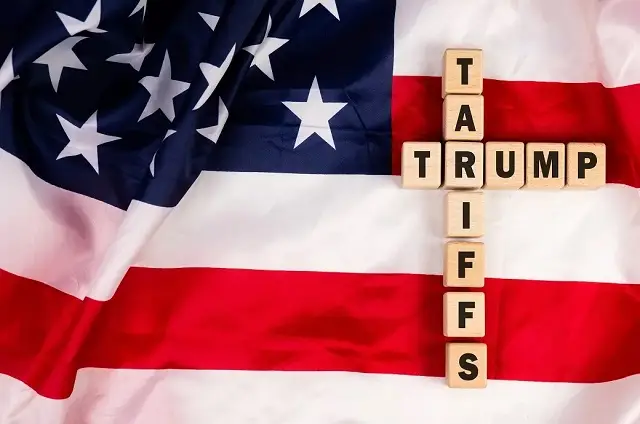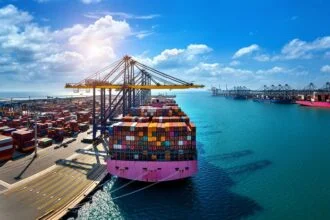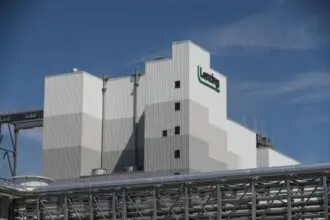In a sweeping shift to U.S. trade policy, former President Donald Trump has announced new tariffs of over 10% on imports from more than 100 smaller countries. The affected nations include several in Africa, the Caribbean, and Asia—many of which currently benefit from preferential or low-tariff access to the U.S. market.
Speaking to reporters, Trump said, “We’ll probably set one tariff for all of them,” indicating a uniform tariff policy for these smaller economies. This move is being framed as part of a broader effort to reduce America’s trade imbalance and bring manufacturing back to the United States.
Simultaneously, Trump unveiled a new bilateral trade agreement with Indonesia. Under the deal, all Indonesian goods entering the U.S. will face a 19% tariff. In exchange, American exports will enjoy unrestricted, tariff-free access to Indonesian markets. The deal replaces a previously proposed 32% tariff on Indonesian imports, signaling a strategic compromise between protectionism and diplomacy.
Trump also hinted that a trade deal with India is close to being finalized, which may further alter the landscape of U.S. trade relations in the Asia-Pacific region.
U.S. Commerce Secretary Howard Lutnick, addressing media reports, clarified that the policy is aimed at countries with minimal trade volume and insignificant contributions to the U.S. trade balance. “The goal is to correct long-standing imbalances and ensure that U.S. industries are no longer undercut by nations that benefit from open access but offer little in return,” Lutnick stated.
The announcement marks a renewed emphasis on Trump’s “America First” trade agenda, which could have ripple effects across global supply chains, especially for emerging economies that rely on U.S. market access.











